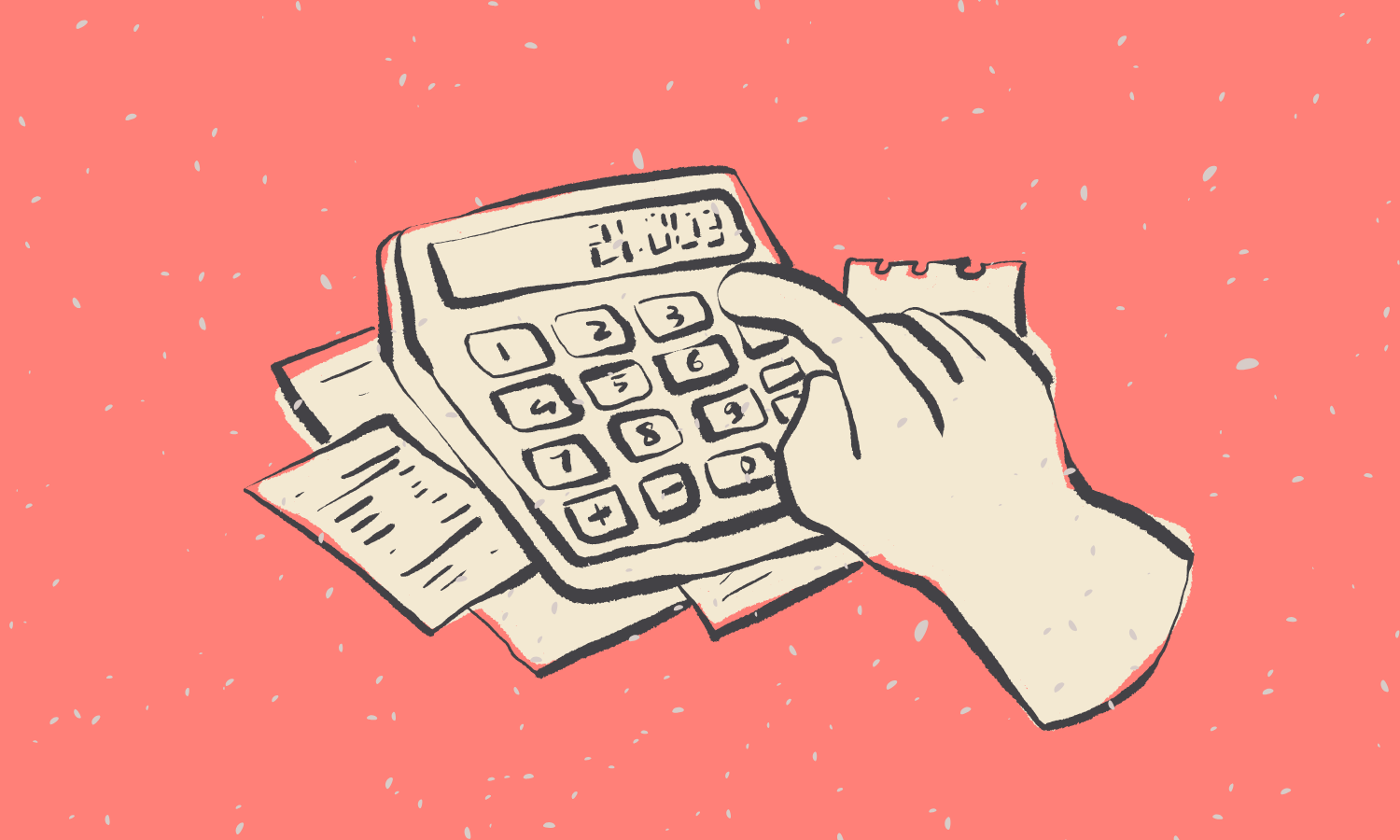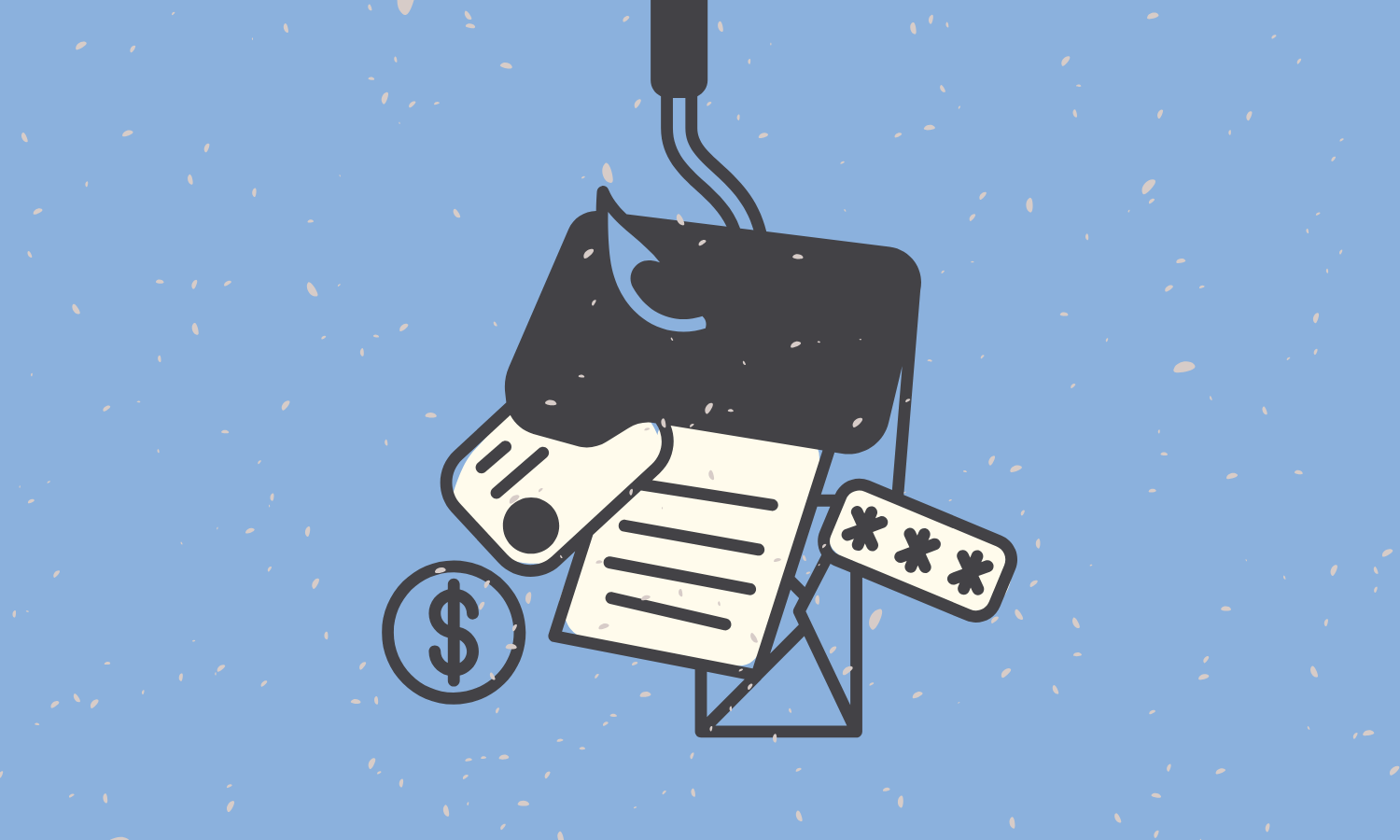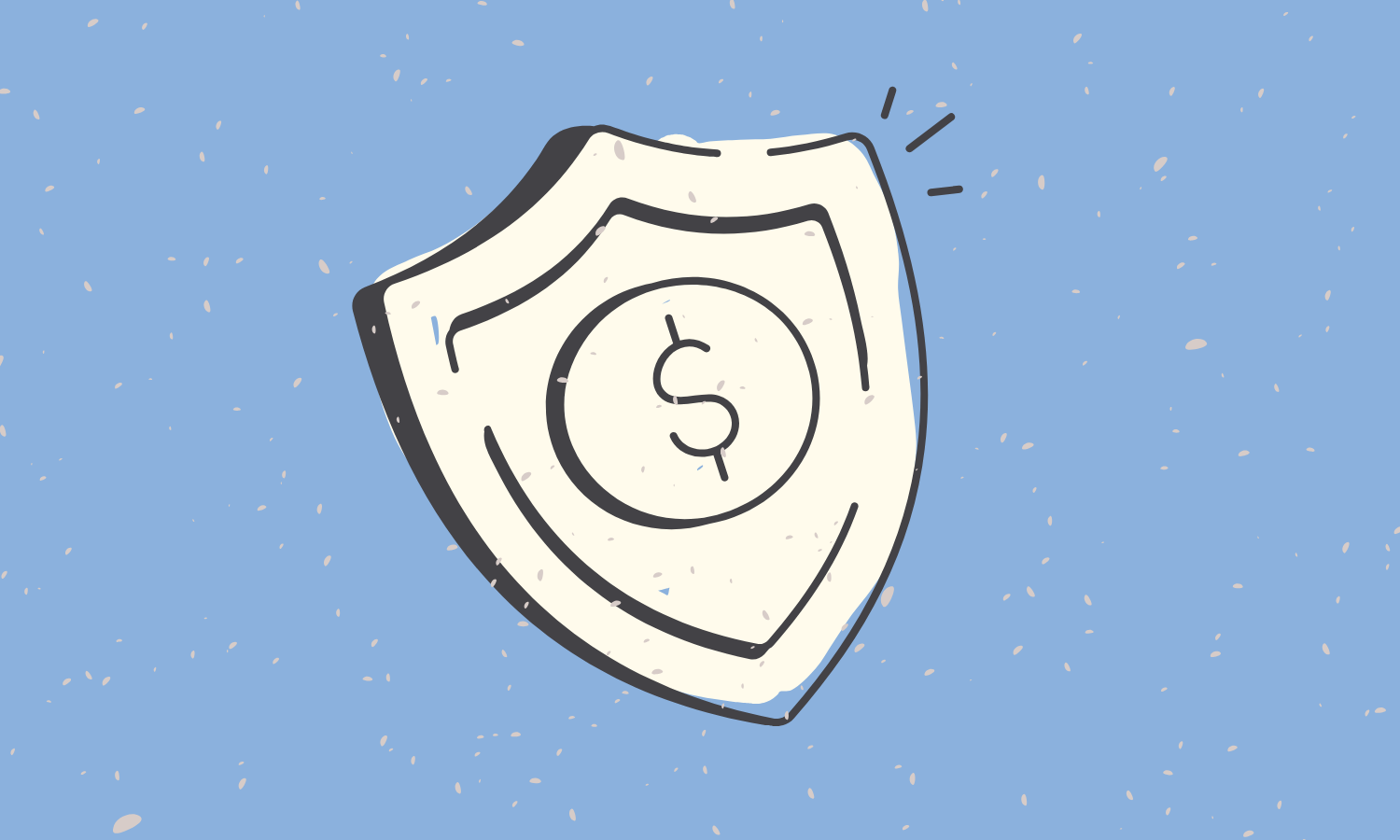Personal insurance for young Aussies: Is it really worth it?
The “Later” Mindset
If you’re in your 20s or 30s, personal insurance is probably on the same mental shelf as writing your will or learning how to make sourdough—something for “later.” Between rent, bills, and the occasional weekend away, the thought of paying premiums might feel unnecessary.
But here’s the thing: life doesn’t wait until you’re ready. Accidents, illnesses, and unexpected curveballs can hit at any age. And if they do, your income—often your biggest financial asset—is on the line.
As financial adviser Phil Thompson put it during a recent Skye Deep Dive chat with guests Seb and Ruby:
“You’d insure a $4 million house without thinking twice. Your ability to earn is worth about the same, so why not insure that?”
Why young Aussies put insurance off
Seb, 21, summed up a pretty common view: he’s just starting out, his super balance is tiny, and any extra cash is better spent on investments. Ruby, in her late 20s, figured that since she’s single with no dependents or mortgage, insurance could wait.
Fair logic — until you remember that health and accidents don’t check your age before showing up.
Phil challenged Seb’s perspective with a reality check: we rarely think about the compounding cost of a Macca’s run over decades, but a small insurance premium through super could protect the very income that funds everything else.
“💡 Stat: 1 in 5 Australians aged 18–34 have faced financial stress from unexpected medical costs.”
Your income is your real asset
Even without a home loan or kids, your ability to earn over a lifetime is worth millions — roughly $4 million by age 65, before pay rises. Lose that income, and the ripple effects hit hard.
Income protection is often the unsung hero here. It provides a monthly payout if you can’t work due to illness or injury — short-term or long-term. You don’t need to be permanently disabled, just unable to earn at your usual capacity.
That flexibility is a big difference from government support schemes like the Disability Support Pension or NDIS, which have strict eligibility criteria and long approval times.
Health issues don’t care about age
The “I’m healthy, I don’t need it” argument is tempting—until you can’t make it anymore.
Phil shared a client story about a 27-year-old who took out income protection at 25. A year later, she developed post-viral fatigue after COVID. She’s been on a partial claim for four years, receiving steady payments that cover her essentials.
Cancer, mental health challenges, and serious accidents don’t wait until you’ve got a mortgage. Locking in cover when you’re healthy means better terms, fewer exclusions, and lower premiums.
“💡 Stat: 1 in 4 Australians aged 15–34 live with a long-term health condition.”
The family safety net myth
Seb floated the idea of leaning on inheritance if things went south. While some might have that option, most people wouldn’t want to move back in with their parents indefinitely — especially if kids or a partner are in the picture.
Even a generous family safety net isn’t a substitute for financial independence. As Phil said:
“Would you want to live with your parents as an adult, needing their support? Most say no.”
Personal insurance is less about wealth transfer and more about avoiding that awkward knock on Mum and Dad’s door.
It’s cheaper than you think
Cost is one of the biggest turn-offs for younger people considering insurance. But when Seb ran the numbers, his complete cover package — life, disability, trauma, and income protection — came in at just over $1,000 a year, with most paid through super. That worked out to about $6 a week outside super.
Ruby’s was a bit higher, at $1,500 a year ($31 a month), thanks to her mortgage. Still, compared to a weekly coffee habit or a few takeaway meals, it’s surprisingly manageable.
Source: Estimated based on average Australian coffee and takeaway prices. (Friendly Finance, 2024)
The superannuation trap
Many young people assume their super fund will cover them if something happens. But if you’re under 25, most funds don’t automatically include insurance — you need to opt in.
Even with default cover, superannuation trustees can change policy terms. That means the definition of disability or the amount of cover can shift without your say. With a personally owned policy, the terms are set when you sign up and can’t be downgraded unless you agree.
Not the scam you think it is
Some people hear “insurance” and immediately think “scam” or “they’ll never pay out.” But in Australia, income protection claims are approved over 95% of the time, and life insurance claims hit 98.7% (SOURCE: MoneySmart, 2024).
Unlike car or home insurance policies, which are renewed annually and can change, personal insurance contracts are “guaranteed renewable.” If you keep paying, your cover continues under the same terms you originally agreed to.
“It’s basically a community bucket — we all chip in so anyone can draw from it when they need to.”
Thinking ahead without the doom and gloom
Personal insurance isn’t about expecting the worst. It’s about removing the financial chaos if something does happen. Whether it’s covering rent during recovery, funding rehab, or simply keeping your lifestyle intact, it’s a tool for maintaining independence.
Seb and Ruby walked into the Deep Dive with doubts — and while they didn’t leave as die-hard converts, they left with a clearer picture: insurance isn’t about paranoia, it’s about choice. Having it means more options when life throws a curveball.
Key takeaways for 20- and 30-somethings
Don’t wait for a health scare — lock in cover while you’re healthy for better terms.
Check your super — under 25? You may not have any insurance unless you opt in.
Think about your income — it’s worth millions over your lifetime.
Government schemes have limits — they’re not designed to replace your full income.
It’s affordable — often less than a weekly coffee habit.










